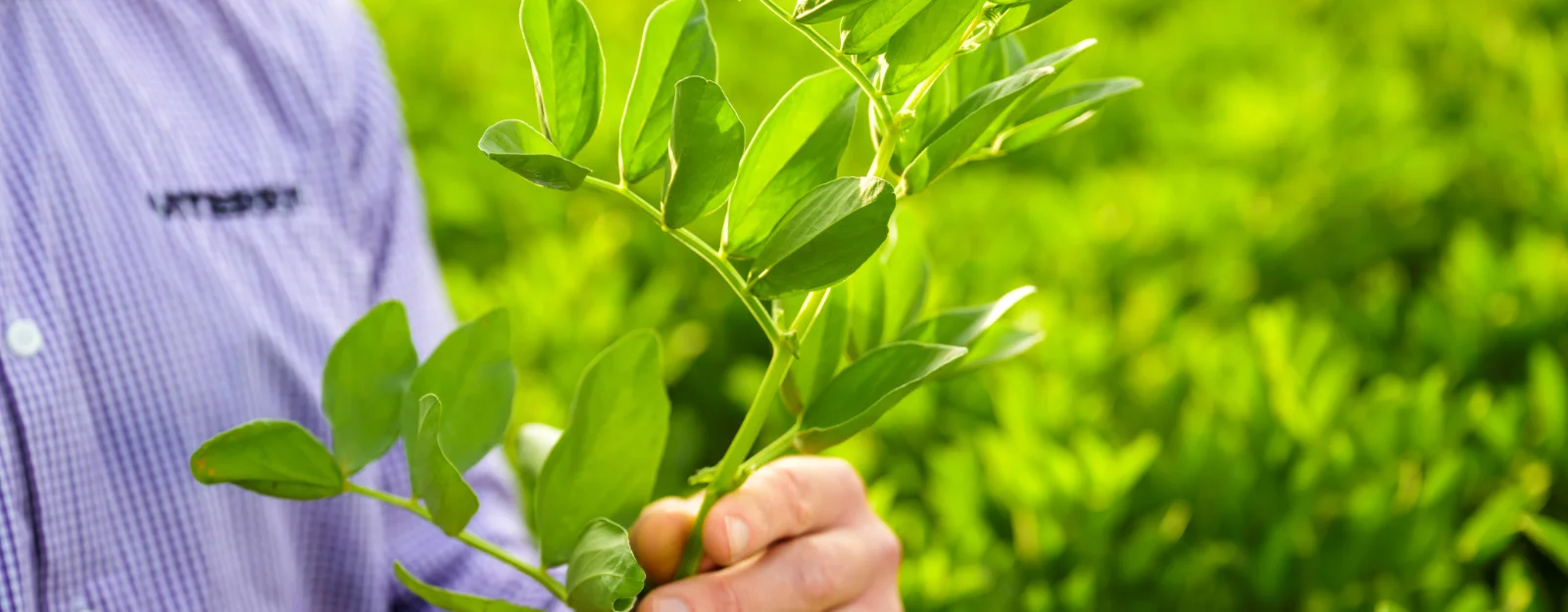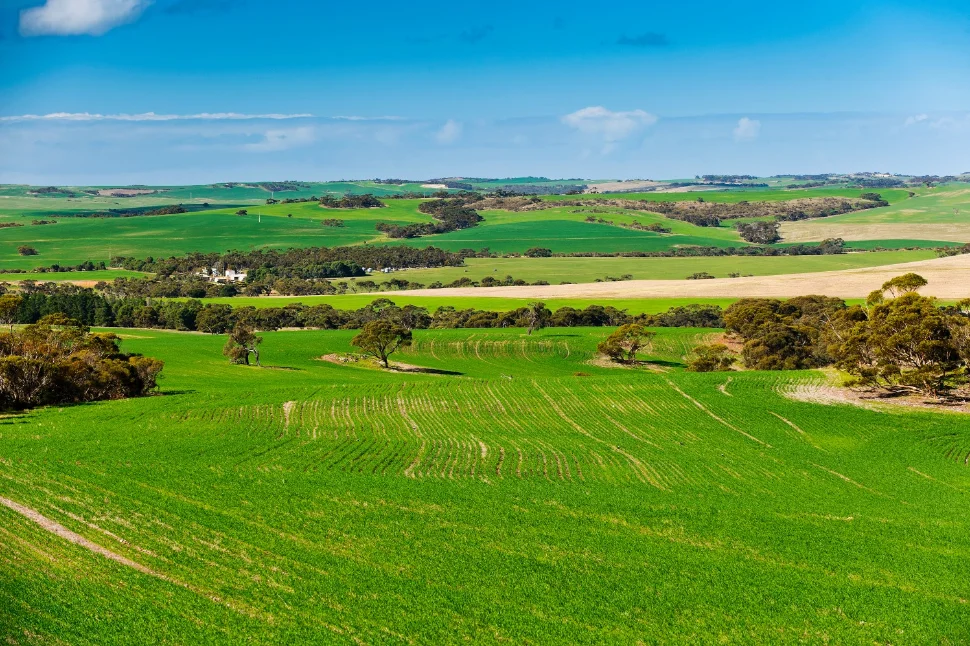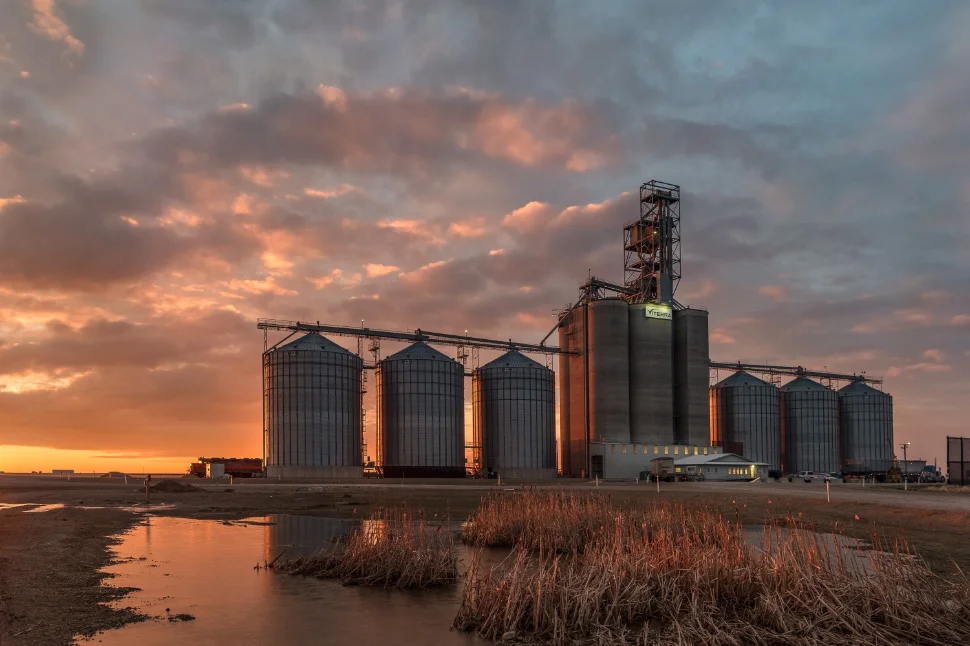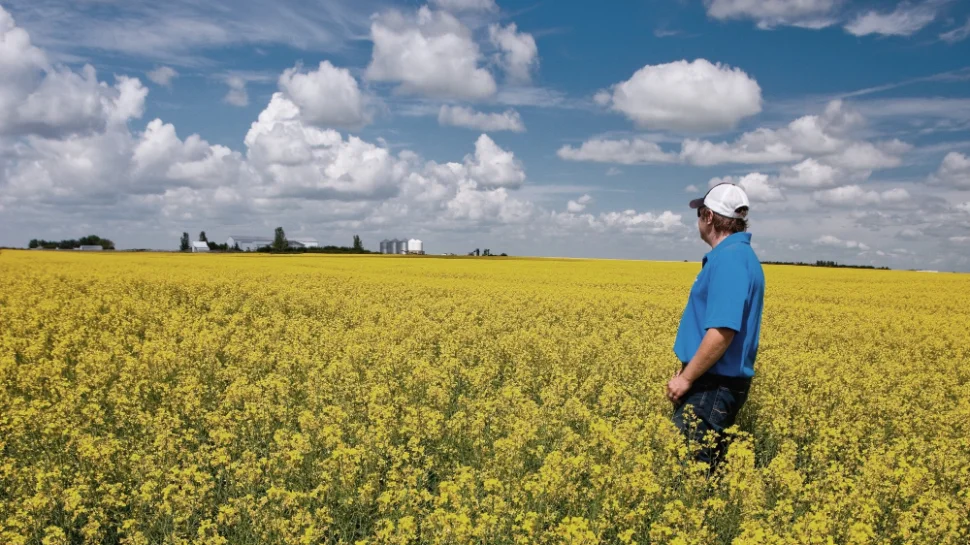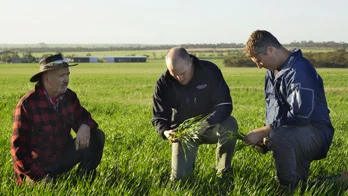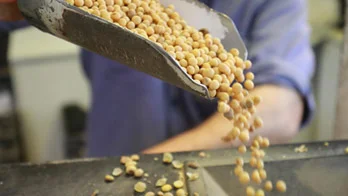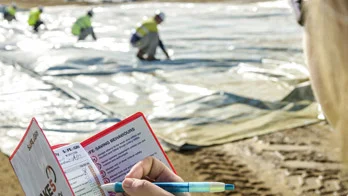Our sustainability approach is guided by materiality, and is designed to safeguard our people and communities, protect the environment and ensure all our food and feed products are safe.
Our sustainability approach
Many aspects of sustainability are not new to our business. Managing land, soil and water in a responsible way is a cornerstone of agricultural practice and a priority for our sourcing and supply of products. With the growing focus on the impacts of agriculture on climate and communities, flora and fauna, and the potential for our sector to protect and regenerate natural resources, we are seeking new ways to embed sustainability across our entire network.
As an integrated global agriculture network, we act on our responsibility to partner with producers, consumers and industry to achieve vital sustainable outcomes.
To strengthen our leadership in global agriculture, we will continue to make commitments to climate action, responsible and ethical sourcing and resource stewardship. We have also integrated sustainability into our governance framework to ensure we can monitor and deliver on these commitments.
This is how we are supporting our entire network towards an industry-wide sustainability transition that safeguards our collective future and delivers long-term benefits across the value chain. We will meet our responsibilities to everyone involved – our people, suppliers, customers, communities and the environment – and ensure we fulfil and go beyond our legal requirements to manage the risks inherent in our business and to maintain our social licence to operate.
Our approach consists of:
Our values are key to how we run our business. They reflect our purpose, our priorities and the way we conduct ourselves, wherever we work and whatever our role. They are based on a series of positive behaviours – we make things happen, we are responsible, connected and open, and we look ahead. Our values define who we are and how we do business and govern our approach to sustainability.
Our values provide the foundations for our business and supplier codes of conduct, which set out the standards we require people to understand and meet. These codes put our values into practice and inform our daily actions and decisions.
View our code of conduct and supplier code of conduct.
We have a range of policies, including anti-corruption and whistleblowing policies, which set out our strategic positions and inform our corporate decision making.
Our policies are supported in turn by more detailed operational policies, procedures and guidelines to meet the specific needs of individual assets.
Governance
Our focus on governance and policies underpins effective decision-making and action across all sustainability commitments and initiatives.
Rigour in risk management has always been fundamental due to the scale and reach of our product supply network. We bring this same rigour to managing ESG risks.
It is led from the top and is based around our values and code of conduct, so everybody in our business understands their role in ensuring the success, accountability and transparency of our strategy.
Our sustainability ambitions and actions are overseen by our Board of Directors, Board ESG committee and global sustainability committee. These bodies consider not only our own assets but the sustainability performance of our global supply chains
Our approach is underpinned by a robust organisational structure that ensures our standards meet or exceed legal requirements and address material risk. Our global sustainability team leads the development of company-wide policies and programmes, with regional executive and senior management teams leading the implementation. We monitor our performance closely at every level of the business
Monitoring our performance
Our sustainability progress is monitored by relevant business leaders and overseen by our global sustainability committee, to ensure it stays in line with the needs of our business. Performance against our sustainability material topics and objectives is a key element of management reporting to the global executive management team, Board ESG committee and the Board of Directors.
We regularly share our performance, learning and experiences with all internal stakeholders and management around the world to ensure everyone remains informed and benefits from being part of our global network.
Our partners
Viterra is a member of many organisations and a participant in product and sustainability standards organisations.
Through these partnerships, and the collective actions that come from them, we are making progress towards sustainability goals, for Viterra and our industry, driving meaningful changes to meet the demand of consumers and preserving the same opportunities for future generations.
We are part of the United Nations Global Compact, an initiative to generate a global movement towards sustainable development. We are committed to aligning our operations with universal principles on human rights, labour, environment and anti-corruption.
We are a member of the World Business Council for Sustainable Development (WBCSD), a global advocacy association made up of 200 international companies that have a focus on sustainable development. It provides leadership to drive change and improve sustainability within each business and will increase the opportunities for us to collaborate with like-minded companies in creating a sustainable future.
WBCSD gives guidance to, and shares the latest insights on, human rights policy and best practice. It introduces sustainable agricultural practices along the supply chain and convenes the Soft Commodities Forum. WBCSD has supported us to strengthen our sustainability communication and our environmental, sustainability and governance risk assessment processes.
We are members of the Soft Commodities Forum (SCF), a global platform for leading soft commodities companies, convened by the WBCSD. We participate in a common framework for reporting and monitoring progress on transparent and traceable supply chains for soy in Brazil's Cerrado region. The initiative aims to turn the commitments made by its members into accountable and measurable action.
June 2022 report, December 2022 report
June 2021 report, December 2021 report
Farmer First Clusters
As a member of the Soft Commodities Forum, alongside five other signatories to the Agriculture Sector Roadmap to 1.5°C, we are taking part in the Farmer First Cluster to channel investment and create a combination of solutions to address soydriven deforestation and encourage forest-positive land use management for agricultural commodity production in key areas of the Cerrado in Brazil. After an extensive design phase in 2023, the Farmer First Clusters has begun its implementation and enrolled soy producers representing more than 140,000 hectares.
We are one of 14 signatories to the Agriculture Sector Roadmap to 1.5°C, which was launched at COP27 in Egypt in November 2022. The roadmap will build on ongoing work and existing industry-wide commitments to reduce emissions from land-use change, specifically relevant to Viterra are the soy and palm oil sectors, whilst protecting global food systems and producer livelihoods.
As part of our commitment to the roadmap, we have published our sustainable sourcing implementation plans for soy and palm oil.
Sustainable sourcing implementation plan – soy
Sustainable sourcing implementation plan – palm oil
Statement regarding the soy sector roadmap to 1.5°C
As members of the Round Table on Responsible Soy, an international organisation that promotes the responsible production, processing and trading of soy globally, we are part of a joint effort to increase production of soy while reducing environmental harm.
As long-term signatories of the Amazon Soy Moratorium, we do not source soybeans from lands deforested after 2008 in the Amazon Biome or from producers who are not compliant with other socio-environmental requirements across Brazil.
Since the start of the Amazon Soy Moratorium in 2006, deforestation in the Amazon has significantly reduced. We continue to work with the industry, producers, governments and many other interested parties to bring solutions to the sector in order to fully eliminate deforestation from our value chains.
The Better Cotton Initiative (BCI) is the largest cotton sustainability programme in the world and aims to make global cotton production better for the people who produce it, better for the environment it grows in and better for the sector’s future. It trains producers in sustainable practices to reduce the amount of fertiliser, pesticides and water they use. Our goal is to increase the volume of sustainably produced cotton in our supply chains.
We are members of the ISCC, a globally leading certification system that certifies the sustainable origins of the agricultural produce we market and supply.
We work collaboratively across the maritime industry to explore the benefits of greater operational efficiency and how it can cut fuel usage, reduce costs and cut emissions. We are signatories to the Global Maritime Forum’s Operational Efficiency Ambition Statement and the Taking Action Report.
Agreed activity will take place in five key action areas: data collection and transparency; contractual changes; pilot projects; ports, terminals, and value chains; and culture and leadership. Most of these action areas focus on collective action and have been derived from discussions with stakeholders across the maritime value chain who identified key challenges and enablers to operational efficiency measures.
Sustainable Development Goals
We support the 17 principles of the United Nations Sustainable Development Goals which are mapped on to our sustainability pillars. We take active measures to contribute to the following:
SDG 1: end poverty in all its forms everywhere
SDG 2: end hunger, achieve food security and improved nutrition and promote
sustainable agriculture
SDG 3: ensure healthy lives and promote wellbeing for all at all ages
SDG 5: achieve gender equality and empower all women and girls
SDG 6: ensure access to water and sanitation for all
SDG 7: ensure access to affordable, reliable, sustainable and modern energy
SDG 8: promote inclusive and sustainable economic growth, employment and decent work for all
SDG 12: ensure sustainable consumption and production patterns
SDG 13: take urgent action to combat climate change and its impacts
SDG 15: sustainably manage forests, combat desertification, halt and reverse land degradation, halt biodiversity loss
SDG 17: revitalise the global partnership for sustainable development
